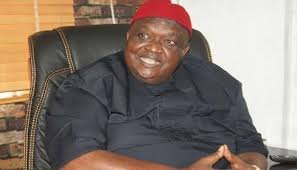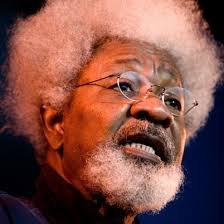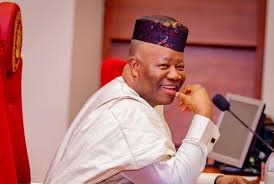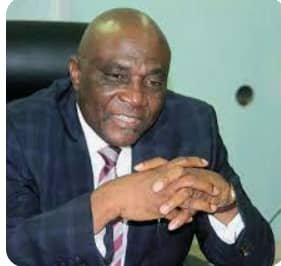By SHEDDY OZOENE
House number 43, Idi Maska Road in Funtua, Katsina State, was just like any other building in the busy neighbourhood adjourning the Funtua Central Motor Park, save for the unending stream of visitors that trooped in and out of it. Some of the callers were friends of its famous occupant while others were members of the Social Democratic Party, (SPD).
The building, a one-storey affair, green in colour, was the residence of the legendary Hausa folk musician, poet and politician, Alhaji Mamman Shata who was at the time, chairman of the SDP in Funtua Local Government Area.
I had travelled from Katsina to Funtua in March 1991 to keep an interview appointment with the musician who had agreed to speak on his music and his aspiration at the time to contest for the position of Katsina State governor.
Last week, as I passed through the town to Malumfashi to witness a friend’s daughter’s marriage, I could not but remember the interesting encounter with the man.

Shata
A visitor who expected to find Shata’s abode as a mansion in the exclusive part of the town would be disappointed. Despite his social standing as the foremost musician in Northern Nigeria at the time, he relished his life of ordinariness. Not for him the usual splendour of the rich and powerful.
His sitting room on the ground floor was sparsely furnished, without even the simple floor carpet or electric fan. Notwithstanding, his admirers and party faithful made themselves comfortable, squatting around him on the bare floor. I don’t know what he expected of me that March afternoon, but after exchanging greetings, I had made myself comfortable in one of the more comfortable chairs.
Shata was an enigma of sorts and it showed all through the hour and half-long interview. He was his usual self – eloquent, oratorical and pedantic.
Shata was always at home whenever the discussion was ‘kalangu’ music or politics. Over the years he had come to master both. He started playing music in his birthplace, Musawa, and it has since brought him fame and recognition across Nigeria and from foreign lands. His music put him on first name basis with the rich and powerful, notably royalties like the late Emir of Katsina, Alhaji Usman Nagogo, those of Kano, Zaria and Daura, Alhaji Ado Bayero, Alhaji Shehu Idris and Alhaji Muhammadu Bashar, respectively. In his day, no big occasion in Northern Nigeria was complete without him.
Music has always been his familiar terrain, until the First Republic when he opted to combine it with politics. If this decision took his admirers by surprise, his choice of playing the opposition was even more so as he shunned the Northern Peoples Congress of Alhaji Ahmadu Bello and opted instead for the left-wing NEPU. Similarly in the Second Republic he decided to ride against the popular wave by shunning the National Party of Nigeria (NPN), and the Peoples’ Redemption Party (PRP), both of which were the dominant parties in the old Kaduna State and joined the Great Nigeria Peoples’ Party (GNPP) led by Alhaji Waziri Ibrahim.
Somewhat a radical, definitely a non-comformist, he holds mostly opposing views on most social and political issues, some of which earned him time in detention. He attributed his travails to the machinations of the other parties “who wanted me to join them but I refused because I cannot abandon the ‘talakawa’”.
He prefers to be identified with the ‘talakawas’ whose suffering, he said, inspired his decision to go into politics, but he does not tie his philosophy to Alhaji Aminu Kano or any other politician dead or alive who had stood on the side of the ‘talakawa’.
After what was a turbulent time in the GNPP of the Second Republic, one thought Shata would leave politics alone. Wrong! After the death of the Second Republic, he went back to his music full time but bounced back when political activities for the transition to the Third Republic was lifted. Of the two parties (SDP and NRC) formed by President Ibrahim Babangida, he joined the Social Democratic Party, SDP, and helped the party get a strong foothold in Katsina State.
In-between pulls and puffs at his trademark Rothman’s cigarette, he told me that politics was his life, just as music was his life, “so there is no leaving one for the other because that would amount to a King abdicating his throne”.
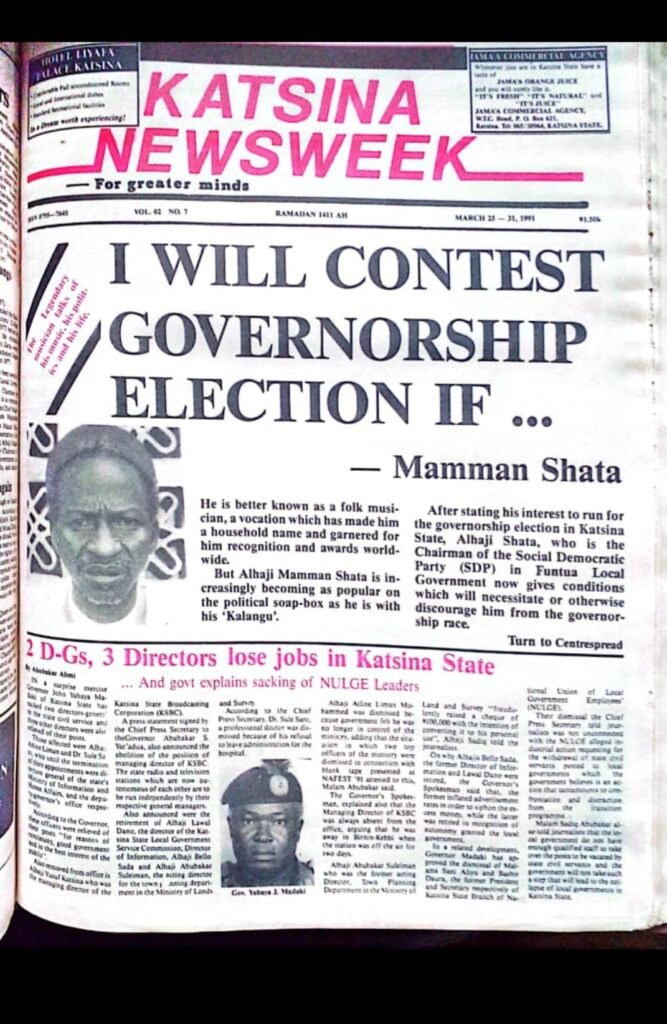
By local standards, Shata was a rich man who made money through his music. But everything he made, he shared with the poor. He lived with the poor, ate with them and shared in their aspirations.
For a man who never attended school, he was insistent that he would contest and win the governorship election of Katsina State that year. When I reminded him that he would hardly meet up with the necessary educational qualifications stipulated by law for the governorship contest, he had retorted that the law would have to prove or disprove whether his string of (honorary) doctorate degrees are inferior or superior to the GCE O’level certificate required by law.
He laughed through the thick cigarette smoke, and followed it up with coughing.
Alhaji Shata has over 15 awards in recognition of his contribution to music and to the society, mostly honorary degrees by universities around the world. From the Ahmadu Bello University alone, he had three honorary degrees and one from the prestigious University of California. A week before our meeting, he was given a special recognition award by the Performing Musician s Association of Nigeria (PMAN).
Shata was an interesting subject to interview and he managed my poor Hausa the way I managed his smattering use of English language. I was also aware he was quick to anger, so I left one question for last: how does he manage his ceaseless smoking during the Muslim fasting? Dead silence. He obviously didn’t like the question as I knew he wouldn’t.
“Kai, ina ruwa nka?” he repeated the question twice.
I explained that I was just curious because I observed he never for once since the interview started, paused on smoking. Silence again. As he gathered his cigarettes and stood up, I knew the interview was over.
The following week, I splashed the interview on the front page of my newspaper, Katsina Newsweek. It helped put him strongly in the contest against notable candidates like Umar Musa Yar’adua, Abu Jalli Gambo and Idris ‘Piapia’ Nadabo. However, it was his relentless criticism of the party leadership at national and state levels that ultimately brought him head-to-head against Maj-Gen Shehu Yar’adua (rtd), an indigene of the state, and resulted in his eventual disqualification and removal as party chairman.
Later in the year at an event organised by the Gidauniyar Jihar Katsina, we made up, but he would never grant me another interview, a vow he maintained till he died in June, 1999.
Shata was indeed a great man who lived what he believed. My recent trip through Funtua rekindled the memory of that encounter 33 years ago. It was one encounter that made a huge impression on me at the time, of one man’s conviction and his effort to uplift the poor and the lowly.



